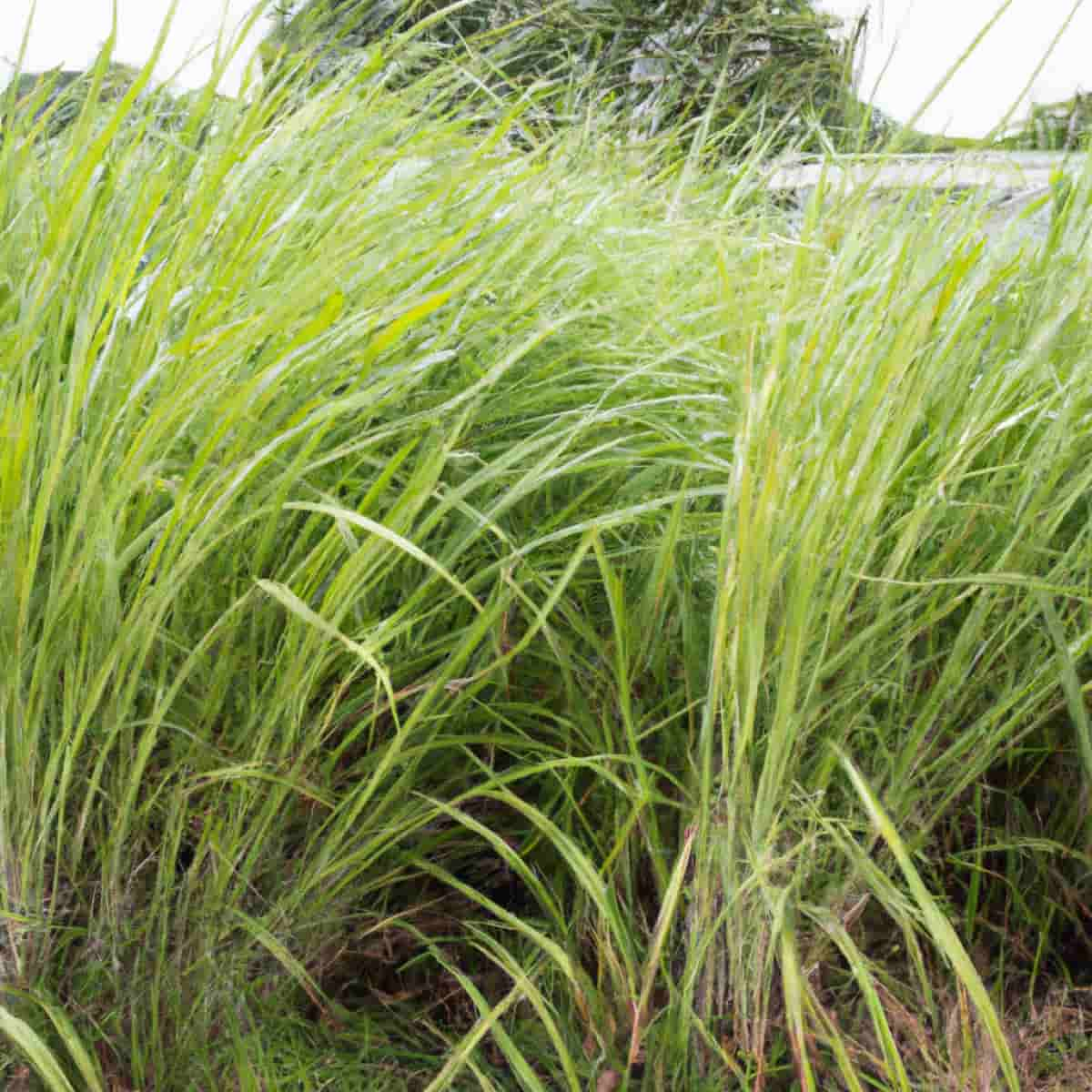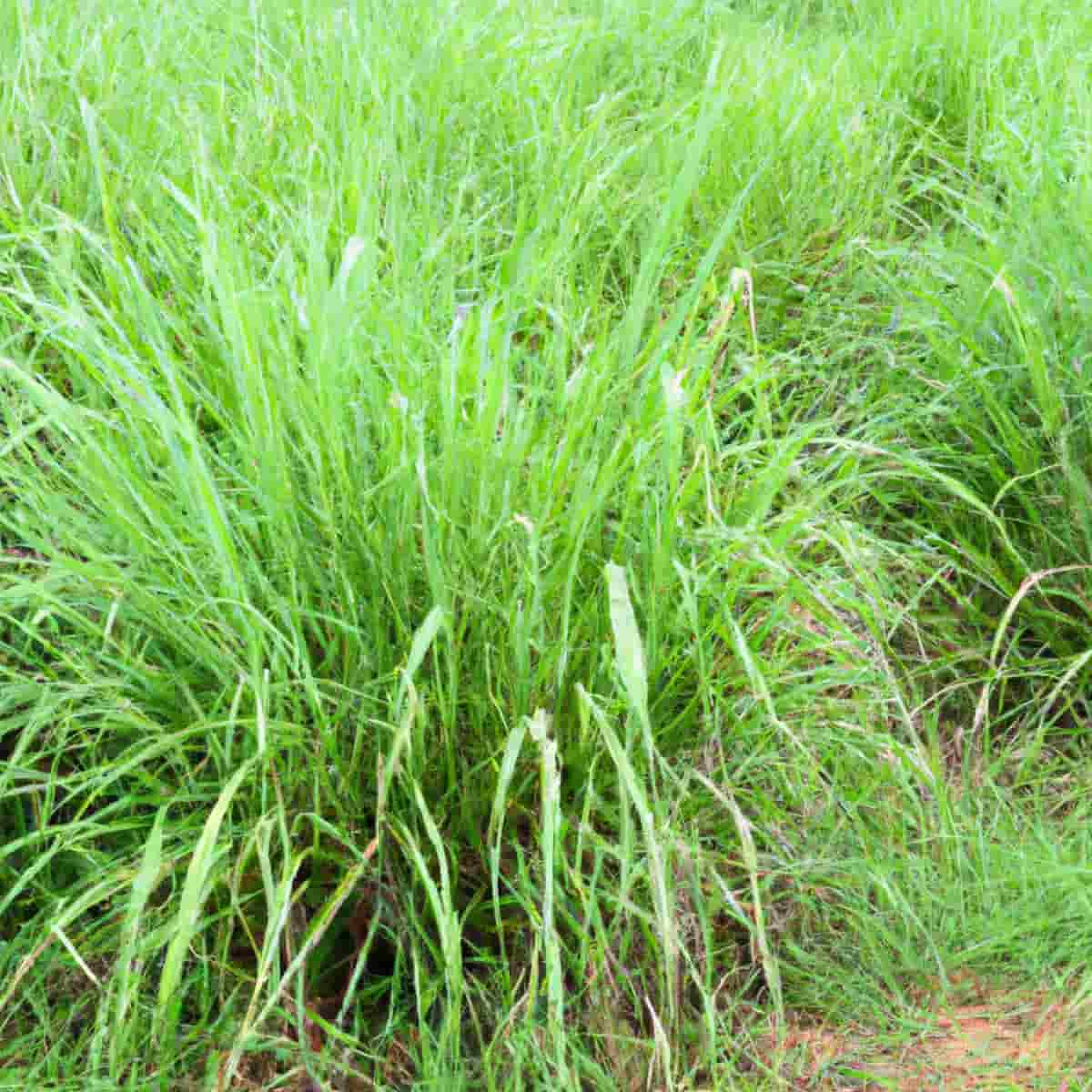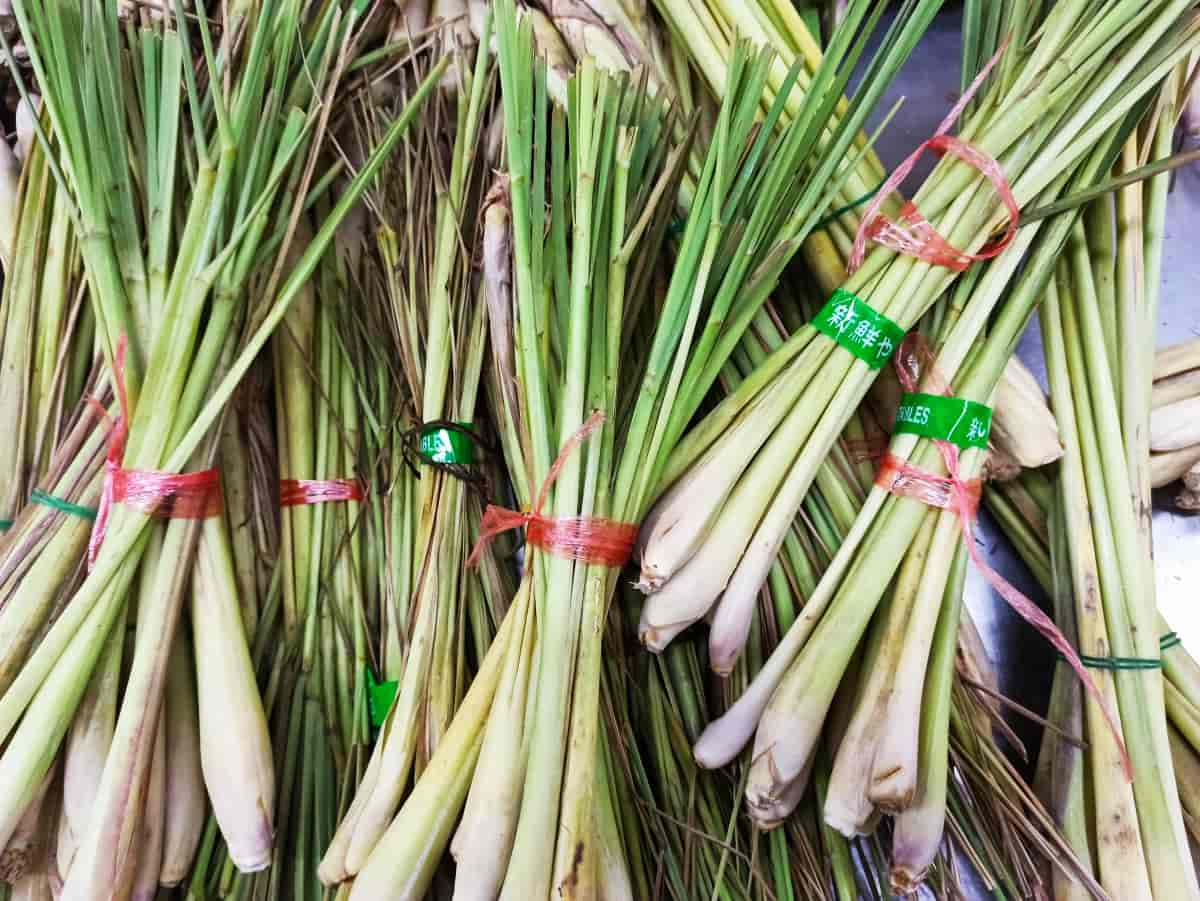Contract farming is gaining traction globally, particularly in regions with robust agricultural industries. It is an arrangement between farmers and processing and marketing firms to produce and supply agricultural products under forward agreements, often at predetermined prices. One such agricultural product gaining popularity in contract farming is lemongrass.

Native to Asia, Africa, and Australia, lemongrass is renowned for its medicinal properties and aromatic flavor, making it a valuable addition to numerous dishes and cosmetic products. Furthermore, lemongrass is also used to produce essential oils, a worldwide booming market. This article explores the prospects of lemongrass contract farming, focusing on aspects like the profit per acre, yield, and cost.
Lemongrass Contract Farming
Understanding Lemongrass Contract Farming
Before diving into the specifics of lemongrass contract farming, one must understand what this venture entails. Contract farming involves a formal agreement between the farmer and the buyer. The farmer pledges to supply agreed-upon crop or livestock product quantities based on the buyer’s quality standards and delivery schedule.
In the case of lemongrass, the contracts typically specify the product’s oil content, as this is the primary interest of most buyers. It’s a way to guarantee quantity and quality, minimizing the risk for both parties. Farmers can tap into the international market for essential oils by choosing to grow lemongrass, which is experiencing exponential growth due to rising consumer interest in natural health products.
Profit Per Acre in Lemongrass Contract Farming
The profit per acre is one of the most critical factors when venturing into contract farming. Various factors can influence the profit earned per acre, including soil quality, climate conditions, the efficiency of farming techniques, and the market demand for the product. Lemongrass farming can offer impressive profits, given its high demand and relatively low maintenance costs. However, farmers must carefully manage their farm operations to maximize profitability.
One of the benefits of contract farming is the security it offers. The pre-agreed price acts as insurance against volatile market prices, ensuring a steady income for the farmer. For lemongrass, the profit per acre can vary depending on the contract terms, but generally, the income is often significantly higher than traditional crops due to its high market value.
The Yield of Lemongrass in Contract Farming
The yield of lemongrass plays a crucial role in determining the profitability of contract farming. Lemongrass is a perennial plant, which means it can yield multiple harvests in a year, and if properly managed, a well-maintained lemongrass farm can continue producing for several years.
The average yield per acre varies based on several factors, including the specific variety of lemongrass, the richness of the soil, and the care taken in maintaining the farm. However, under optimal conditions, a farmer can expect around 12-15 tons of lemongrass per acre annually. By utilizing advanced farming techniques, it’s possible to significantly improve the yield per acre, thereby increasing profitability.
Cost Implications in Lemongrass Contract Farming
Like any other agricultural venture, lemongrass contract farming also involves various costs. The initial establishment cost involves purchasing seedlings, preparing the land, and planting the crop. This initial investment is often the most significant cost incurred in lemongrass farming. However, since lemongrass is a perennial plant, this cost is amortized over the many years of the plant’s productivity, making it a cost-effective choice in the long run.
In case you missed it: Golden Harvest: Empowering Partnerships in Guava Contract Farming

Maintenance costs include weeding, fertilizing, and irrigating the crops as needed and harvesting and processing the lemongrass. Although the expenses can be substantial, they tend to be less compared to various other farming methods owing to the resilient characteristics of lemongrass and its ability to withstand most pests and diseases. Additionally, the contract farming model often includes input support from the buyer, helping offset some of these costs.
Marketing costs are typically negligible in contract farming since the buyer is pre-determined, and the pricing is usually agreed upon in advance. This eliminates the need for advertising or marketing, and there are typically no transportation costs as the buyer often handles pickup or pays for the transportation of the crop to their processing facility.
Finally, opportunity costs are involved in choosing to dedicate land to lemongrass farming. This refers to the potential income that could have been earned by using the land for another purpose. However, given lemongrass’s high demand and profitability, especially in the essential oils market, these opportunity costs are usually negligible.
Risk Mitigation in Lemongrass Contract Farming
One of the significant advantages of contract farming is the risk mitigation it offers. By entering into a contract with a buyer, the farmer can lock in a guaranteed price for their crop, providing a degree of financial security. Additionally, contract farming often involves the buyer offering technical support and advice to the farmer, which is crucial for achieving a successful harvest and top-notch crop.
It also aids in minimizing the hazards related to diseases and pests, as the farmer can promptly seek guidance from experts. However, it’s important to note that lemongrass contract farming is not without risks like any agricultural venture. Changes in weather patterns, unexpected disease outbreaks, or changes in market demand can all impact the venture’s profitability. As such, it’s essential for farmers to have a sound understanding of these risks and to develop strategies to manage them effectively.
Further Considerations in Lemongrass Contract Farming
Despite the promising prospects of lemongrass contract farming, it is imperative that farmers also consider other factors before entering into a contract. The decision should not solely rely on profit per acre, yield, and cost. Factors such as the contracting company’s reputation, the contract’s terms and conditions, and the dispute resolution mechanisms are equally important.
In case you missed it: Cultivating Green Gold: Exploring the Potential of Spirulina Contract Farming

Farmers should also evaluate the sustainability of lemongrass farming in terms of water usage, soil fertility, and potential impacts on biodiversity. Lastly, farmers should also assess their financial ability to withstand potential risks and losses, and seek to enhance their knowledge and skills in lemongrass cultivation, post-harvest handling, and quality control, to ensure the success of their venture in lemongrass contract farming.
Conclusion
Lemongrass contract farming is an attractive option for farmers looking to diversify their crop portfolio and tap into high-value markets. The high profit per acre, significant yield, and manageable cost make it a potentially lucrative venture.
- Ultimate Guide to Ossabaw Island Hog: Breeding, Raising, Diet, and Care
- Ultimate Guide to Juliana Pig: Raising Facts, Size, Diet, Care, and Lifespan
- Raising Lleyn Sheep: Disadvantages, Price, Uses, Characteristics, and Care
- Ultimate Guide to Meishan Pig: Breed Facts, Breeding, Raising, and Care
- Ultimate Guide to Teacup Pigs: Raising, Diet, Lifespan, Cost, and Care
- Guide to Raising Poll Dorset Sheep: Facts, Profile, Characteristics, Uses, and Care
- Ultimate Guide to Bighorn Sheep: Characteristics, Diet, Lifespan, Breeding, and Lifecycle
- Ultimate Guide to Raising Katahdin Sheep: Farming Facts, Breed Profile, Uses, and Care
- Ultimate Guide to Raising Oreo Cows: Belted Galloways Farming Facts, Profile, Uses, and Care